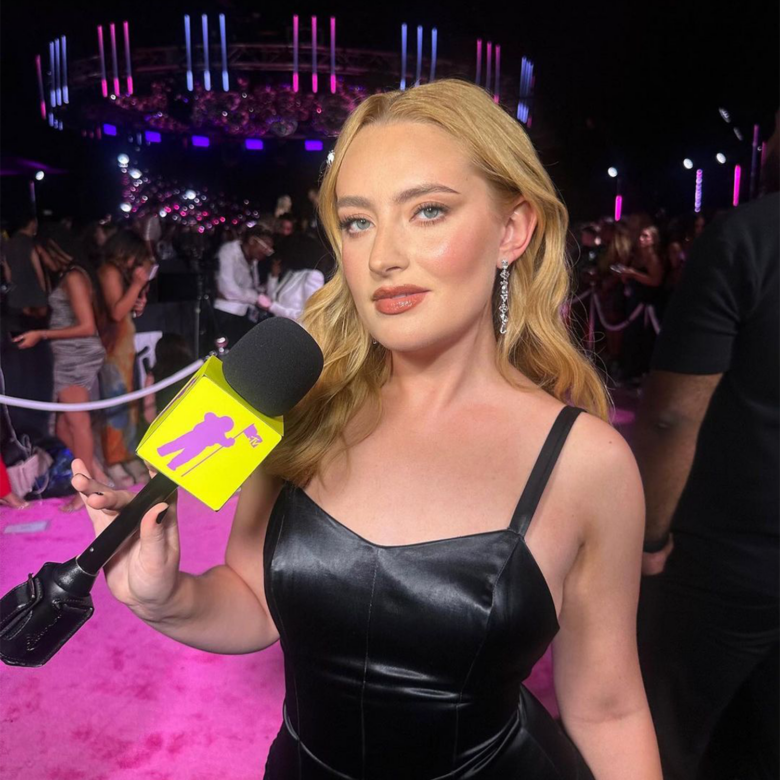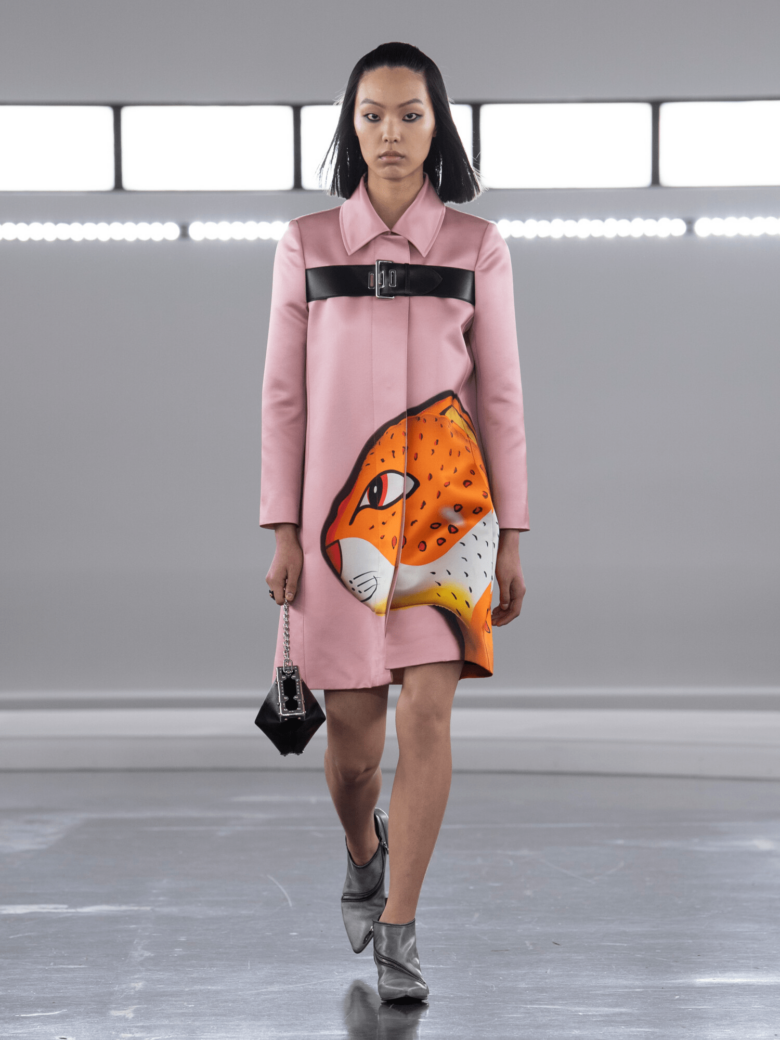Defining Dyke: identities beyond borders
As some of you may be aware — particularly those of the sapphic persuasion — yesterday was a special one for the dykes of the world. If you hadn’t clocked it, we won’t hold it against you: it’s not like anybody’s planning their calendar around International Lesbian Day. Except maybe me…I’m a journalist after all, and exploiting my experience for (minimal) profit is what I do best. It’s funny, then, that I’m a day late writing this article. For once, in a career consisting of hot takes pithy headlines, I had to take some time to think before I committed to bashing out a personal essay.
As you may or may not know, lesbians have gathered a bit of a bad reputation in recent years. We’ve got TERFs uniting under the “lesbian” banner to hijack London Pride with their messed-up views; unchecked biphobia running rampant in our dating circles and convoluted in-fighting around the concept that butch people supposedly possess “masculine privilege” (btw, not a thing). As lesbianism increasingly becomes associated with transphobia and the “cotton ceiling” (the romantic and sexual exclusion of trans women and transfeminine people from lesbian circles) it’s a time when many of us are identifying with the wider, more inclusive “queer”.
For me personally “lesbian” has always been the shorthand label to explain that I’m pansexual but that cis-het men are not a group I’m too keen on cultivating romantic or sexual relationships with. However, as I’ve come to question my own gender identity and whether “woman” is really the best descriptor for who I am, I’ve found some unexpected backlash. Whilst many of the cis women I’ve dated have been open to this, it’s common for people I’m seeing to not register that I could be anything other than strictly female — and to wilfully ignore me when I correct them.
There’s a fear that lesbianism as a term isn’t “keeping up with the times” but this isn’t really correct. Trans and non-binary people of all gender presentations have moved within lesbian circles over time — as have bisexual, pansexual and sexually fluid people. Yet, lesbian “separatists”, the kind who advocate for cis-women-only communes, have also existed simultaneously.
To identify with the term, then, is to identify with this complex and divided legacy — not just astrology, veganism and King Princess. Yet as someone who believes that lesbianism means more than just cis women loving cis women, I will always want to advocate for the most expansive and affirming version of the L word possible — shouldn’t we all?
Now, strap in for the Lesbian international anthem.

